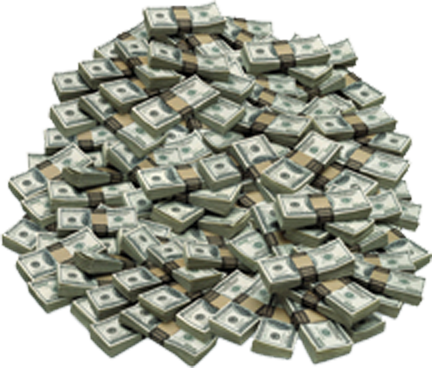Bruddah IZ
DA
The Accountable Capitalism Act Elizabeth Warren unveiled her new idea in an op-ed in the Wall Street Journal. It is her new bill, called the Accountable Capitalism Act. Of course, I have said this before, there is no truth in advertising when it comes to legislation. Whenever Congress passes a bill, the name of the bill is generally the opposite of what the bill actually does. So if they pass a bill called, "Tax Simplification", that means that they just complicated the tax code. But nobody wants to vote for a bill that's called "Tax Complication", so you can't label it "Tax Complication" when that's what we're doing, so you label it Simplification so everybody will like it. This is All About Socialism That's what Elizabeth Warren is doing in her Accountable Capitalism Act. This is not about Capitalism. This is about Socialism. The idea here is that Capitalism is not accountable, and so this act is going to hold Capitalism accountable. In reality, capitalism holds everybody accountable. Under a Capitalist system, everybody is accountable for their own actions. If you screw up, then you have to suffer the consequences. If you make a mistake, it's on you. If your business fails, there's not bail-out. Capitalism is the Ultimate in Accountability So Capitalism is the ultimate in accountability. It's fair and everybody is held accountable for their own decisions and their own actions. What Elizabeth Warren wants to do is to take that accountability away. She wants to have the government get in there and take away the accountability inherent in the Capitalist system. The Socialist Un-Accountability Act Not only is the act mislabeled, it is actually the Socialist Un-Accountability Act. It wants to take people who would normally be accountable and make them unaccountable. It's all Socialism wrapped up in a Capitalist bow. What she wants to do is: * She wants to force corporations with over $1 billion in revenue, regardless of their profit, to appoint at least 40% of their board from the ranks of their workers * She wants to re-install the stakeholder accountability that existed until the 1980's Warren: Profits have Screwed Up the Country I read the op-ed and I listened to her interview with Kramer on CNBC and according to Elizabeth Warren's revisionist version of American History, corporations cared about their stakeholders, meaning their employees, customers, communities up until the 1980's. Then all of a sudden, in the 1980's, everything changed. All of a sudden, it was all about profits. It was all about maximizing shareholder value. And that's what screwed up the country.,




